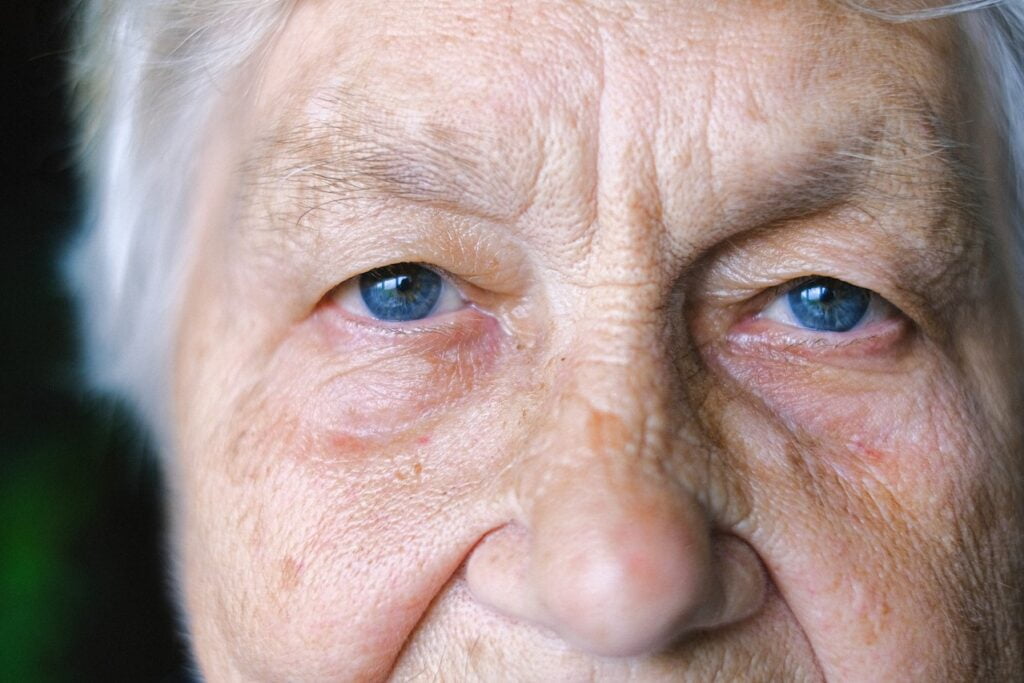Humans are still better than AI at estimating a person’s age from their facial appearance, says a new study.
AI age-estimation tools greatly exaggerate the biases we hold as humans in assessing age from a photo, and are significantly less accurate.
We tend to overestimate the age of smiling faces compared to those with a neutral expression. In tests, humans were 1.1 years out, on average, while AI was out by 2.4 years on the same set of photos.
The AI also was also less accurate than human observers – undergraduate students with no training in age estimation – for the faces of older adults, and female faces.
Researchers from Ben-Gurion University, Israel, and the Western University, in Canada, tested 21 commercial and non-commercial AI age estimation technologies, including popular websites and apps, over the course of two years (from 2020-2022).
They used 480 photos of women and men, each photographed with neutral and smiling expressions. The photos were equally divided into young adults (20-40 years), middle-aged adults (40-60 years), and old adults (60-80 years).
“Thus, AI overestimated the age of smiling faces even more than human observers did. In addition, AI showed a sharper decrease in accuracy for faces of older adults compared to faces of younger age groups, for smiling compared to neutral faces, and for female compared to male faces,” wrote the researchers.
“These results suggest that our estimates of age from faces are largely driven by particular visual cues, rather than high-level preconceptions. Moreover, the pattern of errors and biases we observed could provide some insights for the design of more effective AI technology for age estimation from faces.”
Prof. Tzvi Ganel, from the Department of Psychology, said: “The AIs tended to exaggerate the ageing effect of smiling for the faces of young adults, incorrectly estimating their age by as much as two and a half years. Interestingly, whereas in human observers, the ageing effect of smiling is missing for middle-aged adult female faces, it was present in the AI systems.”
Their findings were published recently in Scientific Reports.
Related posts

Israeli AI Safety Tool Among TIME’S Best Inventions For 2024

TAU Team Discovers Mechanism To Eliminate Cancerous Tumors

Ashdod Port Investing In Startups As Part Of Innovation Strategy




Facebook comments